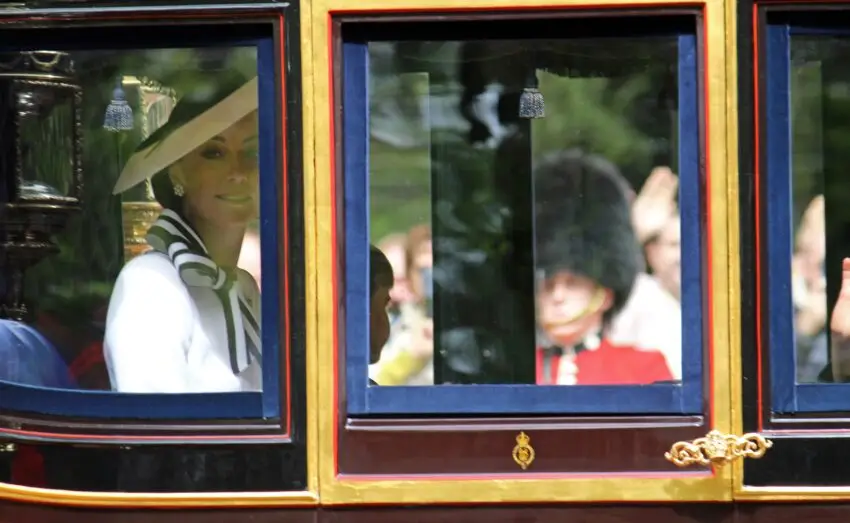In a strategic move to counter the adverse effects of the 2020 removal of VAT-free shopping for tourists, a prominent royal jeweller has reduced prices by 20% this summer for American and Australian shoppers. This adjustment aims to mitigate the significant downturn in customer numbers following the policy shift introduced by former Chancellor Rishi Sunak.
The luxury sector has been vocal about the detrimental impact of removing VAT-free shopping, with the jeweller noting a marked decline in American tourists, her second-largest market. The 20% discount initiative succeeded in drawing foreign shoppers back to her London boutique in Sloane Square. “It’s amazing how many people were then brought back [with the discount],” she observed.
This policy change has redirected tourist spending from the UK to other European countries such as France and Spain, resulting in a noticeable decline in the UK’s luxury shopping sector. The jeweller argues that luxury shopping is a crucial attraction for tourists, contributing widely to the economy by fostering benefits across sectors such as hospitality and tourism. “Luxury is not seen as important in this country,” she commented, emphasising the broader economic benefits associated with high-end commerce.
Although the Office for Budget Responsibility forecasts a saving of £540 million over the next two years by abolishing tax-free shopping, the jeweller believes that reinstating this perk could potentially stimulate economic growth. She advocates that the policy is not merely about luxury items but encompasses the entire tourism experience and associated expenditures.
Founded in the 1980s, her business has faced additional challenges, including the government’s prioritisation of large enterprises over smaller businesses. She criticises the current administrative burden and calls for reduced regulatory hurdles and increased support for emerging entrepreneurs. By fostering an environment that encourages risk-taking and business development, she believes the country can unlock its economic potential.
Meanwhile, a Treasury spokesperson has affirmed that the government is faced with challenging decisions in the upcoming budget, aiming to address a £22 billion deficit left by the previous administration.
The jeweller’s proactive reduction in prices highlights the wider implications of the VAT policy change on the luxury sector and the broader economy. Advocating for the reinstatement of VAT-free shopping, she underscores the necessity for policies that support tourism and small businesses to stimulate growth.


